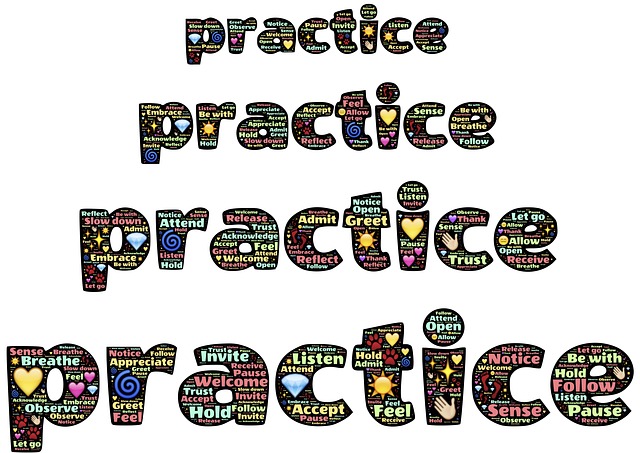In the previous post I discussed managerial mindfulness as an outcome of the Confident People Management (CPM) Program. This form of mindfulness translates into conscious awareness about the type of team culture the manager is developing through their words, actions, inactions, and time allocation. The cultural framework developed for the CPM program provides the catalyst for reflective practices incorporated in the program.
The manager’s role in shaping team culture
At the outset of our process of consciousness-raising within the CPM program, we reinforce the view that the immediate manager is the most influential person in shaping the team culture. We say to our participant managers, “What you say and how you say it; what you do and how you do it; what you omit to do; and what you spend your time on; is shaping your team culture hour by hour, day by day.” We acknowledge to participants that it is a harsh reality that “they get the team culture they deserve” – that their team culture is a direct result of what they choose to say and do and what they spend their time on.
However, we also explain to the participant managers that they have a set of tools at their disposal which enable them to shape team culture – the tools include congruent behaviour, active listening, setting expectations, positive feedback, and corrective feedback. We then work with the managers through a series of experiential exercises and reflective practices that enable them to progressively build their awareness of how they are currently shaping their team culture and how they might proceed differently to improve both the productivity of their team and the mental health of their team members.
The cultural framework as a catalyst for developing managerial mindfulness
The CPM program is conducted over four to six workshop days, with the first two workshop days being adjacent and the remaining workshops separated by a month to facilitate practice on-the-job of the acquired skills. Participant managers also conduct a workplace project (individually or in a team) to implement their learning from the program and gain greater personal insight and self-awareness. The presentation of the results of their project to co-participants and their managers occurs on the final day of the Program.
The CPM Program offers many opportunities to develop managerial mindfulness through the following reflective practices:
- Reflection on past experience: Participant managers are asked to reflect individually and in small groups on their experience of being managed by other supervisors/managers. They then share in the small groups and the plenary group not only about their manager’s behaviour but also the impact that their manager’s words, actions, inaction, and time allocation had on them – on their feelings and their motivation. This typically leads to a discussion about how workplace culture is shaped by managers – increasing awareness of the impact on team culture of their own managerial behaviour.
- Exploring intention: Being conscious of your intention in any endeavour is a key element of mindfulness. The centrepiece of the team culture model is congruence – aligning words and actions. Participants reflect individually in writing on what kind of culture they are intending to create and how congruent their words, actions, inaction, and time allocation are with this intention.
- Debriefing experiential exercises: During the workshops, participant managers undertake experiential exercises focused on the elements of the team culture model – setting expectations, active listening, positive feedback, and corrective feedback. They then reflect on the exercise in their group and share insights with the plenary group. This process facilitates the development of reflection-on-action.
- Reflection on workplace practice: At the end of each workshop, participant managers are asked to consciously practise several skills in their workplace with their intact team during the intervening period between workshops. Each new workshop begins with a small group-based reflection exercise. The results of their reflection-on-action is shared with the larger group. This often stimulates vicarious learning amongst the broader group.
- Presentation of action learning project: Participants are asked during their presentations to share what they set out to do, what outcomes they achieved (intended and unintended) and what they learnt through the program and their project. This reflective process helps individual participants to make explicit their implicit learning.
Reflection
My co-facilitator and I have observed that the frequent practice of reflection-on-action during the CPM Program tends to cultivate the capacity to reflect-in-action, a process that involves being fully present on purpose. As participant managers undertake reflective practices within the Program, they progressively develop the insights and skills of managerial mindfulness, awareness of how they are shaping team culture in the moment through their words, actions, inaction, and time allocation. As they grow in mindfulness, the managers are more in tune with their staff, better able to be present when interacting and more open to influence and the development of staff agency. This, in turn, contributes to the development of a productive and mentally healthy culture.
___________________________________
Image by Evgeni Tcherkasski from Pixabay
By Ron Passfield – Copyright (Creative Commons license, Attribution–Non Commercial–No Derivatives)
Disclosure: If you purchase a product through this site, I may earn a commission which will help to pay for the site, the associated Meetup group and the resources to support the blog.

